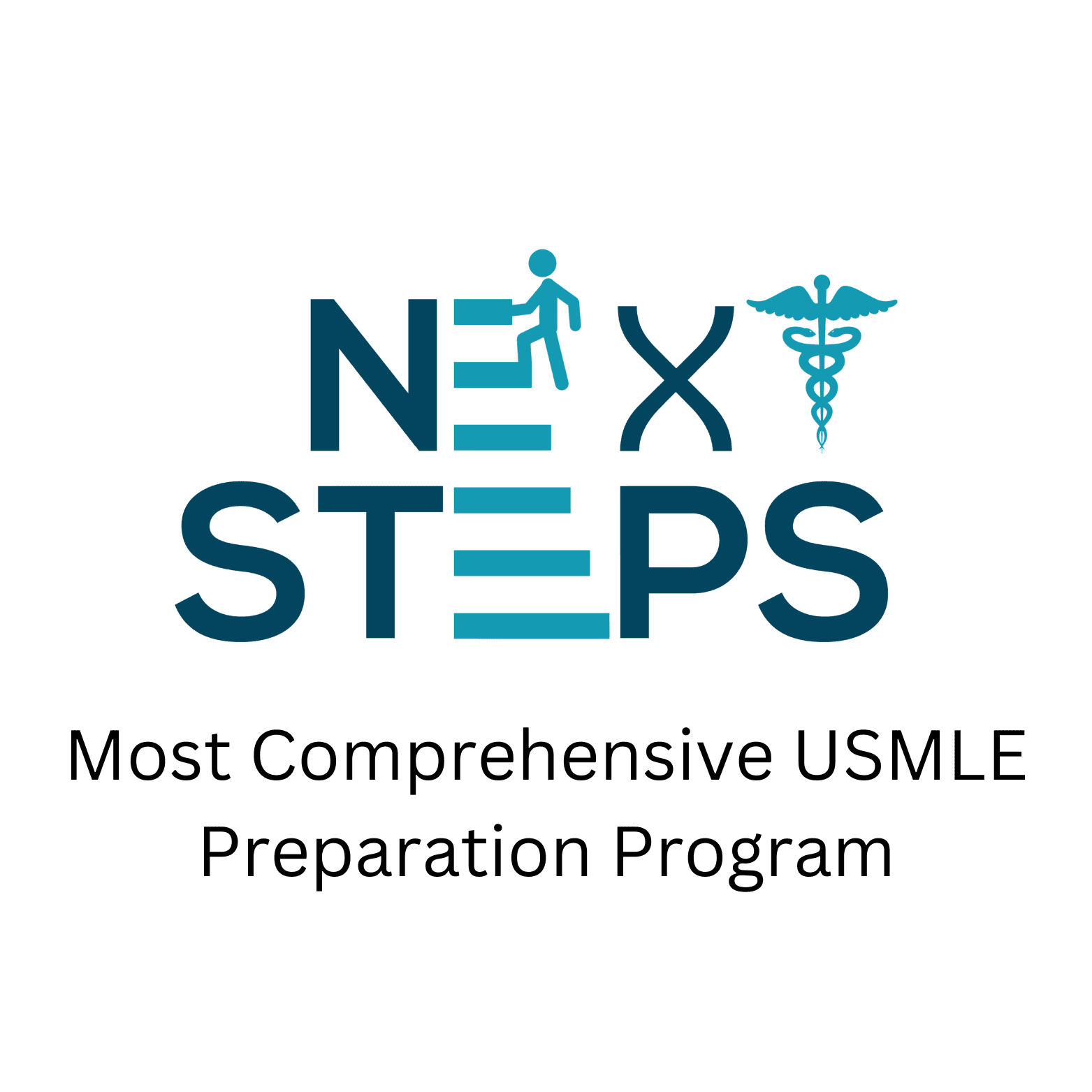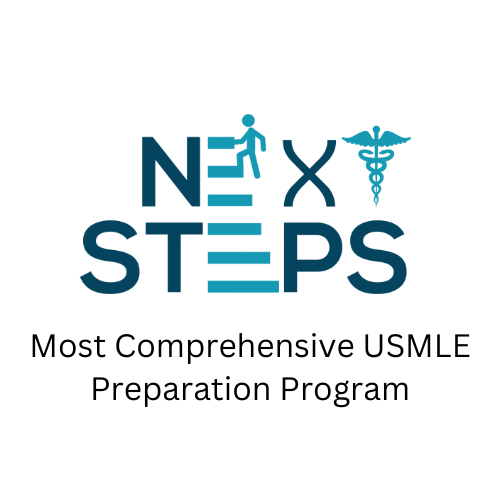Match Day is one of the most pivotal moments in a medical student’s journey. Securing a residency spot is the culmination of years of hard work, and with increasing competition, maximizing your chances for success is crucial.
While the National Resident Matching Program (NRMP) Match algorithm is designed to be fair, your preparation leading up to Residency Match Day can make a significant difference. Here are key strategies to improve your prospects and secure your desired residency position.
1. Strengthen Your ERAS Application
Your Electronic Residency Application Service (ERAS) application is the first impression residency programs have of you. Make sure your application reflects your dedication and achievements.
-
- Personal Statement: Craft a compelling personal statement that reflects your passion for the specialty, your unique experiences, and what makes you a strong candidate.
-
- Letters of Recommendation (LORs): Secure strong, personalized letters from well-respected professionals in your chosen specialty.
- Ensure that your recommenders can speak directly to your clinical and interpersonal skills.
-
- Experience Section: Highlight clinical rotations, volunteer work, research, and leadership roles.
- Be specific about your responsibilities and accomplishments.
2. Ace Your USMLE Exams
USMLE Step 1 and Step 2 CK scores play a significant role in determining how competitive you are for your desired specialty.
While Step 1 is now pass/fail, Step 2 CK is still scored, and a high Step 2 score can significantly bolster your application.
Tips to excel on USMLE exams:
-
- Consistent Study Routine: Dedicate time daily for exam preparation.
- Use a blend of Q-banks, review books, and clinical case studies to solidify your understanding.
-
- Practice Tests: Regularly take full-length practice exams to track your progress and identify areas of weakness.
-
- High-Yield Topics: Focus on high-yield topics for your specialty, especially for Step 2 CK, as these will demonstrate your clinical knowledge.
3. Research and Target the Right Programs
Before applying, invest time in researching residency programs to identify those that align with your career goals and profile.
-
- Fit: Apply to programs where your scores, experiences, and goals align with what they seek in candidates.
- Look for information on program websites, social media, and residency fairs.
-
- Geographical Preferences: Be strategic about location. Programs may prefer candidates who have ties to the area or have done clinical rotations there.
-
- Backup Programs: While it’s important to aim high, it’s also wise to include backup programs in your applications, especially if you’re applying to competitive specialties.
4. Excel in Interviews
Residency interviews are your opportunity to show programs why you’re an ideal fit for them beyond what’s on paper.
-
- Practice Common Questions: Be prepared to answer questions like, “Why this specialty?” “Why this program?” and “Tell me about a challenging clinical experience.”
-
- Demonstrate Professionalism: Arrive on time, dress professionally, and communicate effectively with everyone involved in the interview process, from residents to program directors.
-
- Ask Insightful Questions: Prepare thoughtful questions that reflect your genuine interest in the program and give you a clearer picture of the program’s culture.
5. Network with Faculty and Residents
Building strong professional connections can enhance your visibility and reputation with the programs you’re interested in.
-
- Clinical Rotations: Impress during clinical rotations at programs where you’d like to match.
- Being proactive, showing enthusiasm, and asking for feedback can help you stand out.
-
- Mentorship: Seek out mentors who can offer guidance and potentially advocate for you during the match process.
- Having faculty members with strong connections in your specialty can be an invaluable resource.
6. Have a Strategic Rank Order List
When it comes time to submit your Rank Order List (ROL), do so strategically.
-
- Rank Programs Based on Preference: Always rank programs in the order of where you want to match, not where you think you’ll be most competitive.
-
- Include a Sufficient Number of Programs: While it may be tempting to only rank your dream programs, ensure you rank enough programs to increase your chances of matching, especially if you’re applying in a competitive specialty.
7. Prepare for the Possibility of SOAP
Despite your best efforts, sometimes things don’t go as planned. That’s why it’s crucial to be prepared for the Supplemental Offer and Acceptance Program (SOAP) in case you don’t initially match.
-
- Have Backup Plans: Before Match Week, familiarize yourself with the SOAP process and have a plan in place for applying to unfilled positions.
-
- Remain Positive and Proactive: If you find yourself in SOAP, keep a positive mindset and be ready to act quickly when applying to unfilled programs.
8. Stay Focused and Positive Throughout the Process
The match process can be stressful, but maintaining a positive attitude and staying organized will keep you on track.
-
- Keep a Timeline: Create a calendar with important dates such as ERAS deadlines, interview schedules, and Match Day.
-
- Self-Care: It’s easy to get overwhelmed, but remember to take breaks, eat well, and get enough sleep. Mental and physical health are key to peak performance.
Conclusion
Improving your prospects for Match Day success requires a combination of strategic preparation, strong performance on USMLE exams, thoughtful application to the right programs, and professional networking.
By staying organized, excelling in your interviews. A well-planned Rank Order List, you can significantly boost your chances of matching with a residency program that’s right for you. Stay focused, and don’t forget to celebrate the hard work you’ve put into reaching this point!





